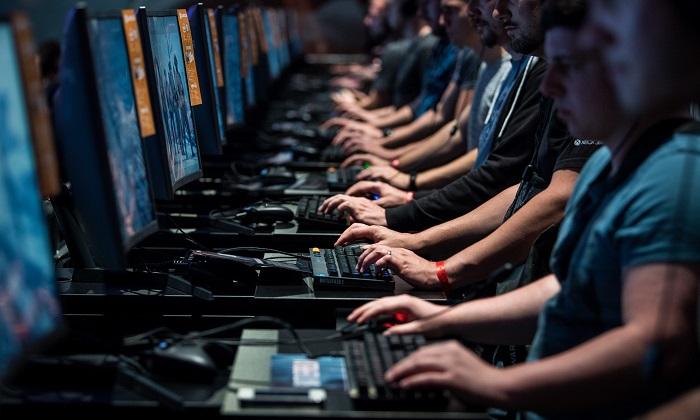Ziggy “VjpPro” Nguyen did not stay unemployed because he could not get a job but because he had something more enjoyable to do. Almost every day from August 2019 to January 2020, he woke up at 7 a.m., played video games, ate pizza, played video games, ate pizza, played video games, and slept at 12 a.m. When Nguyen was at his best, he skipped the pizza and played until 4 a.m.
“When you win, get a rare item or get a new skin [for your character], other players would notice. You can show off. And it feels amazing,” Nguyen, a 21-year-old from Sydney, said.




